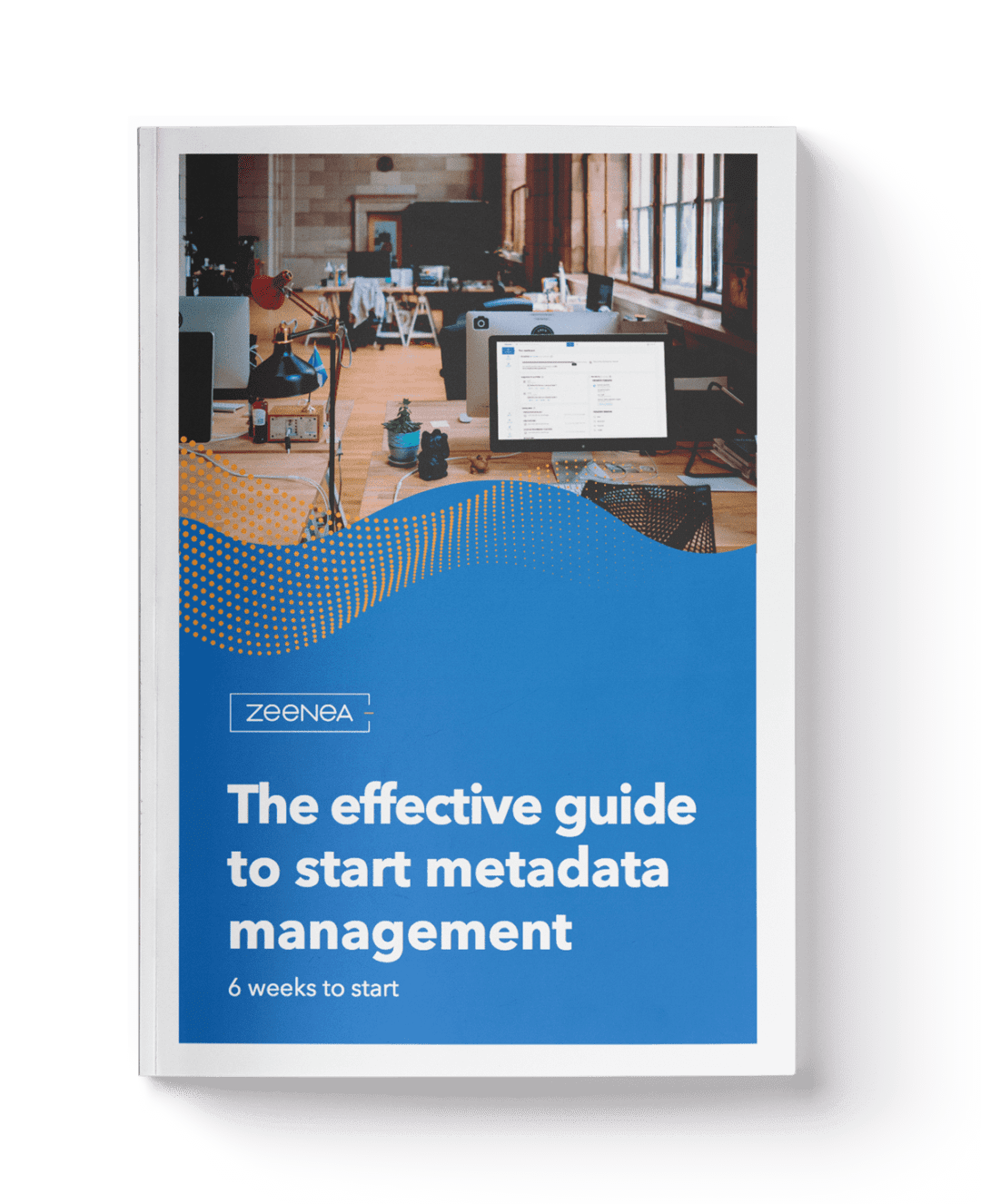Metadata management is emerging discipline and is necessary for enterprises wishing to bolster innovation or regulatory compliance initiatives on their data assets.
Many of them are trying to establish their convictions on the subject and brainstorm solutions to meet this new challenge. As a result, metadata is increasingly being managed, alongside data, in a partitioned and siloed way that does not allow the full, enterprise-wide potential of this discipline.
- How to successfully launch a metadata management platform
- How do manage metadata
- How to start metadata management
Before starting a metadata management project, here are some elements to consider:

Accepting failure
As strong as this title may be, fearing failure won’t avoid it. Being aware of risk and knowing how to integrate it into the approach is a crucial part of launching a metadata management platform.
To accept failure is to admit that the road will not be paved with simple and obvious steps
Implementing data governance around relevant metadata management is a complex subject, exacerbated by many factors: size and complexity of the organization, culture or sensitivity concerning data as a subject, awareness of the associated strategic issues, etc. Naturally, a complex subject entails a certain risk during operational execution…

Experimenting with your data environment
Metadata management is built gradually and no revelation will strike the team at its initialization. Only experimentation will make it possible to validate decisions.
In order to control the costs of these various experimentations, the most appropriate approach is to progress step by step. Accepting failure is not to resign oneself, on the contrary, it puts oneself in a position where efforts are not only focused on anticipation, but also on remediation and adaptation. Hypotheses are going to be validated successfully, while modifying a number of parameters as little as possible each time, and the conclusions, through measurement, will allow progress to be made.
This operation is wholly iterative and incremental. One thus finds fundamentals promoted in a rather general, agile way

Aligning with enterprise objectives
The objectives of your metadata governance can be local or global.
The approach may concern only a limited perimeter in the enterprise, and reflect a very local initiative, whereas conversely, it may be intended to apply to the enterprise as a whole. Even more so when they are global to the enterprise, and therefore often expressed in a rather generalist way, it is important to ensure that their implementation remains in line with the original idea
An important element in this equation is the human dimension! On the one hand because responsibilities will be identified, but also because certain processes will either have to evolve or be defined, or because the culture and preconceptions surrounding the data will have to be changed with a great deal of communication.
Nevertheless, adapting is in general, a healthy enterprise practice.

Prioritizing
Among the benefits of such an approach is, as mentioned above, better risk
control.
But there is another obvious benefit: the possibility of a faster return
on investment. The first effects should be noticeable as soon as the first iteration is complete.
The objective must be determined to produce concrete value for the enterprise.

Selecting the useful information
Being selective about the nature of the information characterizing the data helps with identifying your useful information. The temptation of an overly ambitious metamodel could actually be detrimental to the qualitative effort required of Data Stewards profiles.
We therefore recommend a very precise selection of metadata that meets the objectives given by iteration. The organization of knowledge in a metadata catalog will be optimized, both for the contributors and the Stewards, as well as for the users in search of information. Quality must take precedence over quantity, and the iterative approach will meet the expectations of enrichment progressively as deployment progresses.

Capitalize on your metadata!
Last but not least, your experimentation will result in local initiatives that may give rise to reflections on the generalization of all or part of the achievements.
To capitalize is to know how to identify what is in the common interest.
Start metadata management in just 6 weeks.
In many organizations, metadata management is still a manual, extremely time consuming task undertaken by more technical profiles for technical profiles.
As a result, metadata management as a discipline has gone largely unnoticed by data and analysis stakeholders. The ability of teams to explain its benefits or demonstrate its value has been and continues to be difficult.
Download our guide to start your enterprise metadata management journey! In this white paper, we share our advice and expertise on implementing iterative metadata management optimized for your context.














